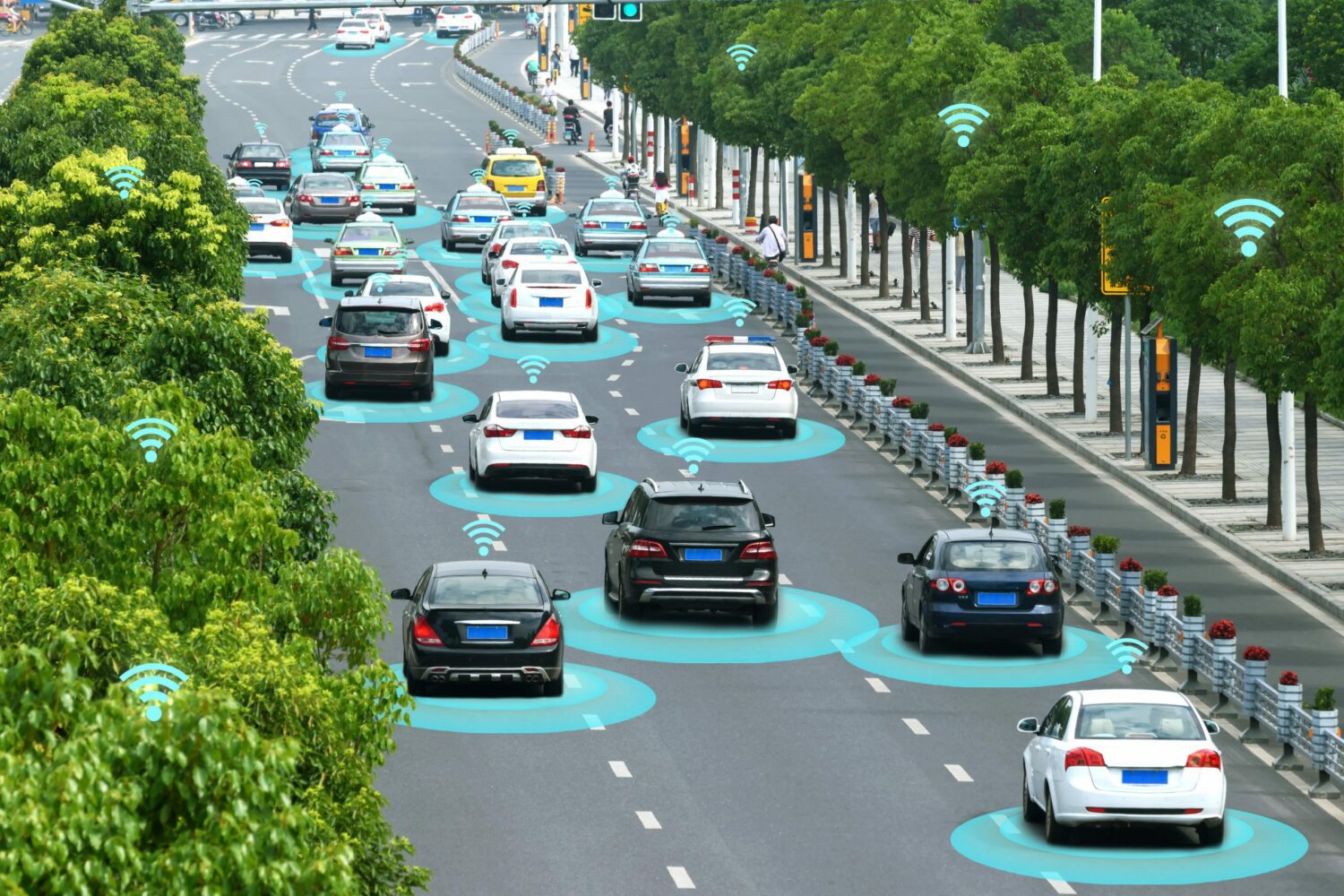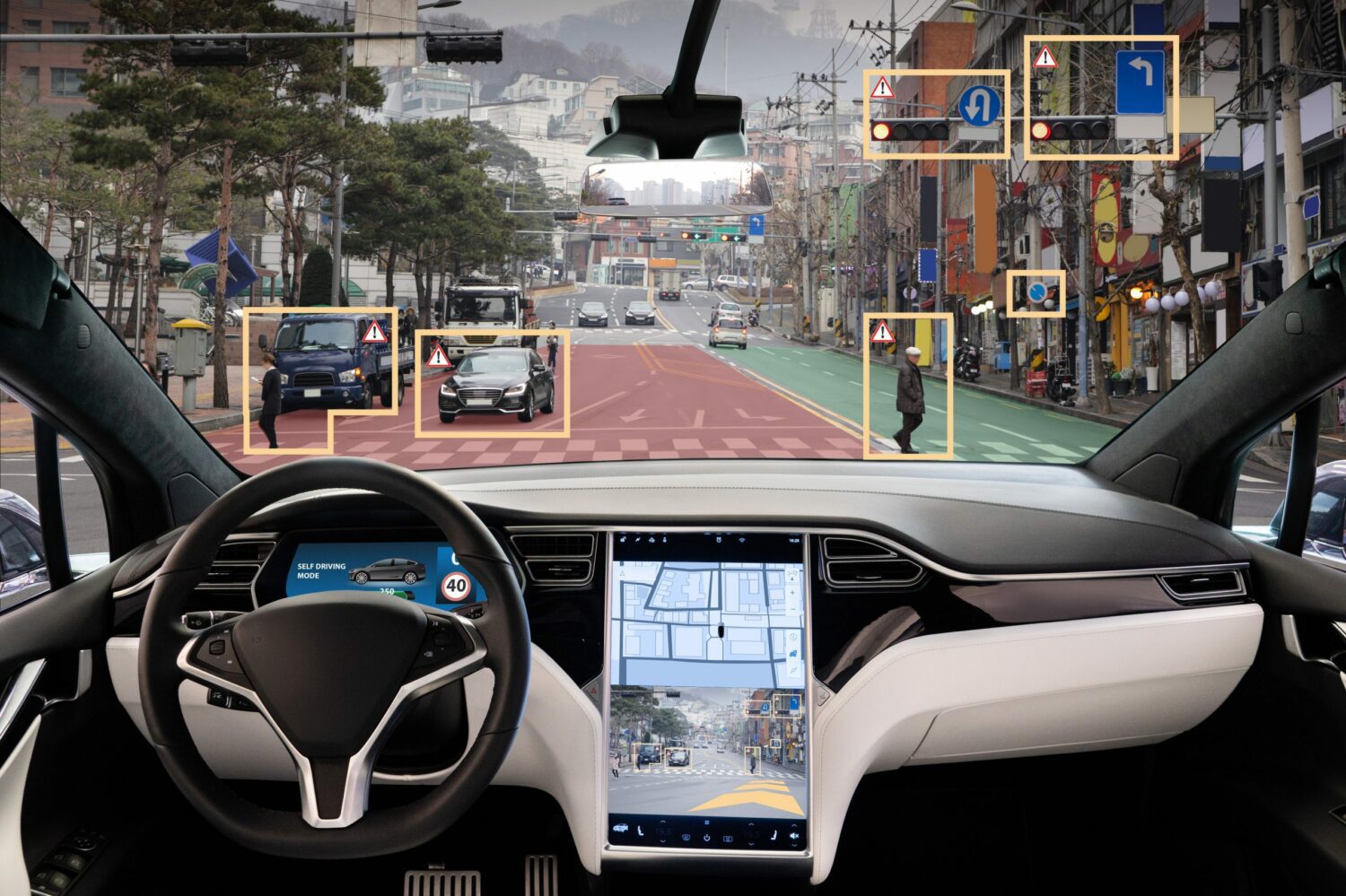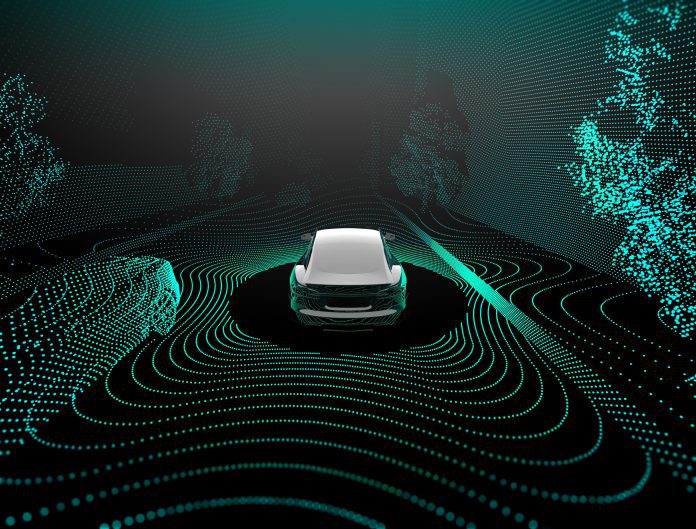The auto industry has been revolutionized by technology in recent years, with the introduction of electric vehicles and the emergence of connected cars. However, the most significant change that could shake the automotive industry to its core is the advent of autonomous vehicles.
Self-driving cars are poised to transform the automotive industry and revolutionize transportation as we know it. With their combination of sensors, cameras, and machine-learning algorithms, these vehicles can navigate roads and make decisions without human intervention. If you’ve ever ridden in an autonomous Tesla, it’s an awe-inspiring technological accomplishment.
There is no denying that autonomous cars will profoundly impact the automotive industry. According to a report by McKinsey & Company, autonomous cars are expected to account for up to 15% of global vehicle sales by 2030, with a potential market size of $1.5 trillion.


Autonomous Vehicles Promise Improved Safety
One of the most significant benefits of autonomous vehicles is their potential to improve road safety. If it’s to be believed, the National Highway Traffic Safety Administration reports that human error contributes to 94% of all road accidents. With their advanced sensors and algorithms, autonomous vehicles can potentially eliminate or reduce human error and make our roads safer.
Riding in Autonomous Vehicles Could Improve Air Quality
Autonomous vehicles will also have a significant impact on the environment. Electric self-driving cars have the potential to reduce carbon emissions and improve air quality. A study by the International Energy Agency found that autonomous electric vehicles could reduce energy consumption by up to 60% and carbon emissions by up to 80%.
There Will Be a Significant Impact on the Supply Chain
The introduction of autonomous vehicles will also profoundly impact the automotive supply chain. For example, self-driving cars are expected to be more reliable and require less maintenance than traditional vehicles, which could reduce demand for specific auto parts and dealership services.
However, the impact of autonomous vehicles will not be limited to the automotive industry. The introduction of self-driving cars will have far-reaching implications for society. For example, autonomous vehicles could reduce the number of cars on the road, which could help to ease congestion and reduce travel times.
Job Losses and Potential Loss of Freedom
The rise of self-driving cars is also expected to disrupt the labor market. According to a Center for Global Policy Solutions report, autonomous cars could displace up to 3.5 million jobs in the United States alone. However, the report also notes that the rise of autonomous vehicles could create new job opportunities in software development, data analysis, and customer service.


Despite the potential benefits of autonomous vehicles, there are concerns about their impact on society. For example, concerns about the potential for hacking and cyberattacks could put passengers at risk. There are also concerns about the potential for self-driving cars to be used for surveillance or other nefarious purposes. And, of course, the government could easily control their travel and use.
Undoubtedly, the introduction of autonomous vehicles could revolutionize the automotive industry and have a profound impact on society. And while there are concerns about the implications of self-driving cars, there is no denying that they have the potential to make our roads safer, reduce carbon emissions, and improve the overall quality of life for people around the world. But the law of unintended consequences suggests we should be wary of the potential loss of transportation freedom to a system that would like control.
As technology continues to evolve and improve, it will be interesting to see how the automotive industry adapts and evolves to meet the demands of this new era of transportation.




